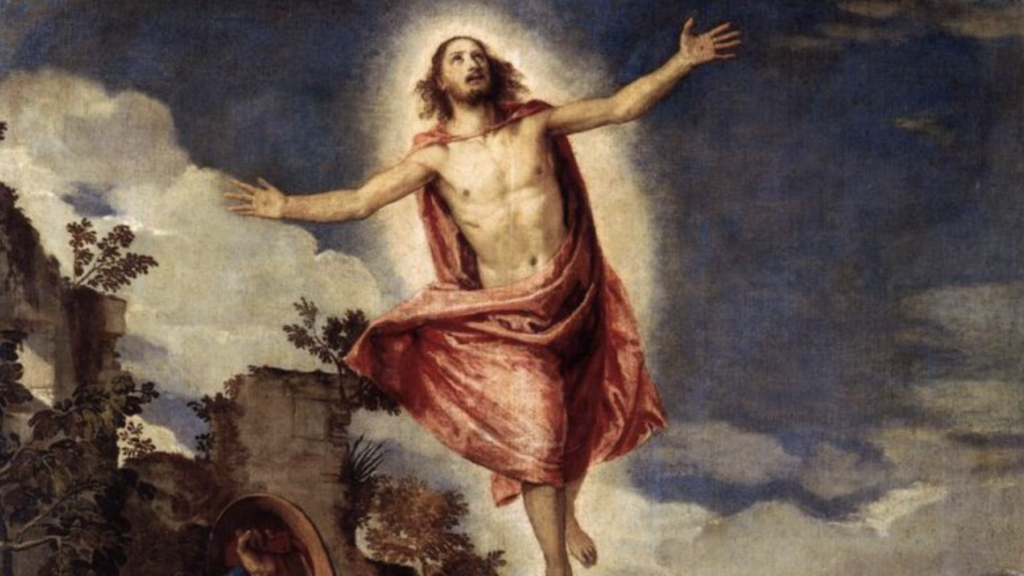In 1986, I experienced the first Lent I ever lived intentionally. Still a Protestant, I knew I could not remain as I was, but I felt I should not — yet — become a Catholic.
It was a true Lent, but there had been a Lenten quality to my life in the years just before. I spent those years “giving things up.” I gave up my Presbyterian ministry. I gave up my teaching and administrative posts at Protestant schools.
But in 1986 my most painful sacrifice was my deferral of the sacraments, which I had promised for my wife Kimberly’s sake. She opposed my conversion and grieved over the possibility.
Not long into Lent, however, I realized I could not bear the strain of waiting the four more years I had promised her. I begged her to release me from my promise, and she did.
At the time I was a doctoral student in theology at Marquette University. I held a master’s degree from Gordon-Conwell Seminary. I had intensively studied the Scriptures, the Fathers, and the tradition. I felt I knew enough to make an informed decision; I felt I was ready; and the pastor at the parish agreed.
Still today I believe I was ready. But now I also have to admit: I didn’t know what I didn’t know.
At Easter Vigil, Msgr. Bruskewitz gave me the sacramental “grand slam” of conditional baptism, holy Communion, and confirmation. And afterward, I saw things differently. Now the hard sayings of Jesus — about baptismal regeneration, about his real presence, about sacramental absolution — began to make sense deep down in my soul, in my mind, and in my bones.
I didn’t quite realize it at the time, but I was undergoing what the ancient Fathers called mystagogy — the unveiling of the mysteries — and it is proper to the season of Easter.
I am now beginning to realize that mystagogy is a phase that lasts the whole of a lifetime. I realize now that I still don’t know what I don’t yet know. I still don’t know what I’ve yet to learn. I am ready to be amazed by what God has yet to show me, through the ordinary sacramental life of the Church.
I could not know, during Lent of 1986, that Easter Vigil would bring a decisive turn in the road, not just for me, but also for Kimberly. Though she grieved that night and even called it the worst night of her life, she also began to notice just how profoundly biblical were the rites of the Catholic Church. In a few more years, she would undergo those rites herself.
We do not know, you and I, what marvels God has in store for us.

